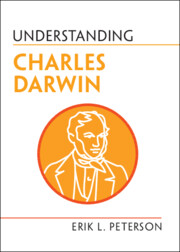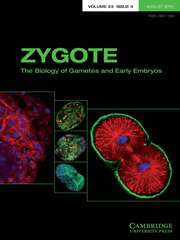On Growth and Form
Why do living things and physical phenomena take the form they do? D'Arcy Thompson's classic On Growth and Form looks at the way things grow and the shapes they take. Analysing biological processes in their mathematical and physical aspects, this historic work, first published in 1917, has also become renowned for the sheer poetry of its descriptions. A great scientist sensitive to the fascinations and beauty of the natural world tells of jumping fleas and slipper limpets; of buds and seeds; of bees' cells and rain drops; of the potter's thumb and the spider's web; of a film of soap and a bubble of oil; of a splash of a pebble in a pond.
- Discusses the question: why do living things and physical phenomena take the form they do?
- A historical work, first published in 1917, is renowned for the poetry of its description of the natural world
- This abridged edition, first published in 1961, makes this important work accessible to the general reader
Reviews & endorsements
'Thompson describes, in great detail, how natural organisms evolve in response to the forces of survival to achieve fitness to purpose. Thompson demonstrates the causality of the shaping and design of natural organisms. For me, as a budding architect, this gave a clue to the concept of fitness to purpose: that architecture must evolve not as a formalistic shape-forming, but from a deep understanding of the programmatic, functional material and economic forces that shape it. This means an understanding of the material and structural aspects of a building, the life intended in a building (i.e. its human purpose) and the many forces (climatic and others) that must be responded to in the process. … [the book is] as topical and significant today, going forward, as [it was], for me, 60 years ago.' Moshe Safdie, Architektura Konteksty
Product details
May 2014Paperback
9781107672567
366 pages
215 × 137 × 17 mm
0.52kg
181 b/w illus.
Available
Table of Contents
- Introduction John Tyler Bonner
- 1. Introductory
- 2. On magnitude
- 3. The forms of cells
- 4. The forms of tissues, of cell-aggregates
- 5. On spicules and spicular skeletons
- 6. The equiangular spiral
- 7. The shapes of horns and of teeth or tusks
- 8. On form and mechanical efficiency
- 9. On the theory of transformations, or the comparison of related forms
- 10. Epilogue
- Index.






